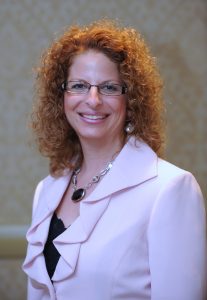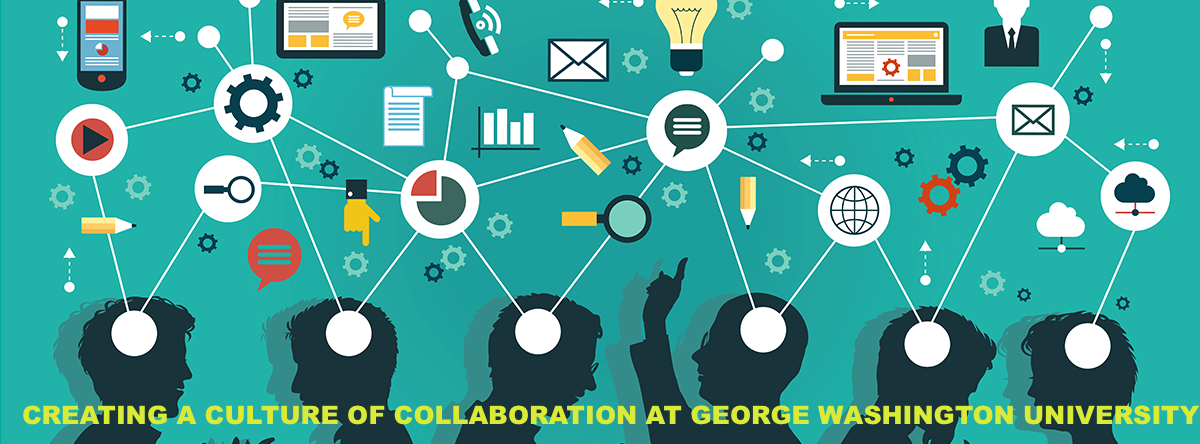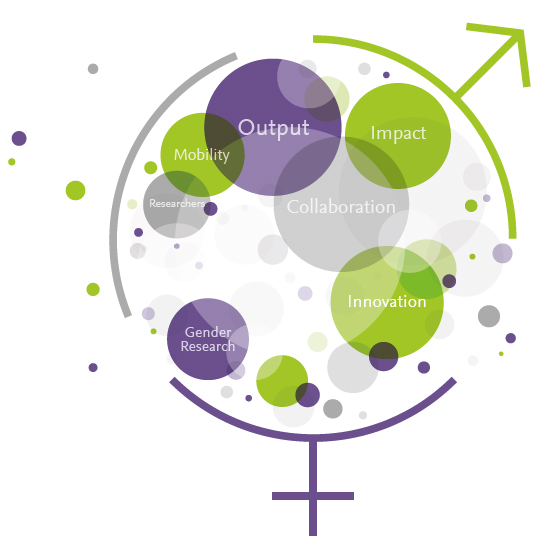Creating a Culture of Collaboration at George Washington University (C3@GWU) presents
Gender & Team Science: Improving Effectiveness of Research Teams
DATE: Thursday, March 30, 2017
LOCATION: National Churchill Library & Center, Gelman Library 1st floor
TIME: 10:00am-11:00am
Light Refreshments will be served.
Examining gender issues in team science is critical from the perspective of advancing and facilitating actions at the organizational level. Organizations can set goals for improving the diversity, capacity, and quality of human capital by creating a more responsive, effective and efficient research environment for people to develop and work. This presentation will review the literature related to gender and team science, with a focus on evidence-based policy implications designed to guide how research institutions can improve the processes and practices that affect how science is conducted.

Holly J. Falk-Krzesinski, PhD, is the Vice President, Strategic Alliances with Elsevier’s Global Academic Relations group where she is involved in initiatives focused on promoting women in STEM fields and around data to examine issues related to gender inequality in research. In her previous roles as the Director of the Office of Research Development and office of Research Team Support & Development at Northwestern University, she facilitated collaborative research initiatives with a special interest on approaches to gender parity in scientific collaboration and interdisciplinary research. Through her leadership with the Annual Science of Team Science Conference, Dr. Falk-Krzesinski has been instrumental in developing a strong community of practice for team science and presents on various team science- and gender-related topics around the world.
 rating gender and sex into health research. See http://www.thelancet.com/
rating gender and sex into health research. See http://www.thelancet.com/






